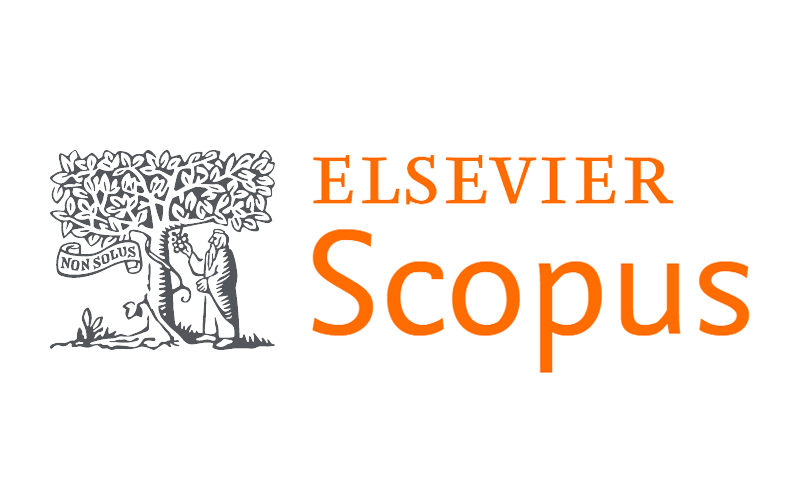Medicine and the Law
What’s in and what’s out? Recommendations for developing a legally sound health technology assessment process for South Africa’s National Health Insurance
DOI:
https://doi.org/10.7196/SAMJ.2024.v114i9.1983Keywords:
national health insurance, health technology assessment, universal healthcareAbstract
On 15 May 2024, the National Health Insurance Act No. 20 of 2023 (the Act) was signed into law, and South Africa (SA) officially adopted a national health insurance (NHI) system as part of its efforts to achieve universal healthcare across the country. While NHI has been controversial and much talked about, plenty of how the scheme will operate remains an unknown, and has not been defined within the Act. However, it is evident that, with SA’s limited healthcare budget, the NHI scheme is not going to cover everything for everyone. Some decisions will need to be made about what kinds of healthcare and other benefits South Africans can expect to have covered by the scheme – in other words, decisions about what will be included under NHI and what will be excluded. This paper does not aim to discuss the constitutionality or legality of the NHI Act, but focuses only on the issue of how government ought to consider making decisions about what services the NHI covers.
References
South Africa. National Health Insurance Act No. 20 of 2023.
Siegfried N, Wilkinson T, Hofman K. Health technology assessment in South Africa? A legal and
policy landscape analysis. In: Padarath A, Barron P, eds. South African Health Review. Durban: Health
Systems Trust 2017:41-48.
O’Donnell JC, Pham SV, Pashos CL, Miller DW, Smith MD. Health technology assessment: Lessons
learned from around the world – an overview. Value Health 2009;12:S1-S5. https://doi.org/10.1111/
j.1524-4733.2009.00550.x
South Africa. National Health Insurance Bill B11B of 2019.
Angelis A, Lange A, Kanavos P. Using health technology assessment to assess the value of new medicines:
Results of a systematic review and expert consultation across eight European countries. Eur J Health Econ
;19(1):123-152. https://doi.org/10.1007/s10198-017-0871-0
National Department of Health, South Africa. White Paper on National Health Insurance. Pretoria:
NDoH, 2015.
Kristensen FB, Lampe K, Wild C, Cerbo M, Goettsch W, Becla L. The HTA core model – 10 years
of developing an international framework to share multidimensional value assessment. Value Health
;20(2):244-250. https://doi.org/10.1016/j.jval.2016.12.010
Widrig D, Tag B. HTA and its legal issues: A framework for identifying legal issues in health
technology assessment. Int J Technol Assess Health Care 2014;30(6):587-594. https://doi.org/10.1017/ S0266462314000683
Blouin M, Coulombe M, Rhainds M. Legal issues in health technology assessment: A case study. Cochrane Colloquium Abstracts 2013. https://abstracts.cochrane.org/2013-quebec-city/legal-issues- health-technology-assessment-case-study (accessed 19 August 2024).
Wang D. Health Technology Assessment, Courts and the Right to Healthcare. London: Routledge, 2021. 11. Dittrich R, Cubillos L, Gostin LO, Chalkidou K, Li R. The right to health and the health benefits package. In: Glassman A, Smith PC, Giedion U. What’s In, What’s Out: Designing Benefits for
Universal Health Coverage. Washington D.C.: Brookings Institution Press: 2017.
Promotion of Administrative Justice Act 3 of 2000.
Constitution of the Republic of South Africa 1996.
DiStefano MJ, Abdool Karim S, Krubiner CB. Integrating health technology assessment and the right
to health: A qualitative content analysis of procedural values in South African judicial decisions. Health
Policy Plan 2022;37(5):644-654. https://doi.org/10.1093%2Fheapol%2Fczab132
DiStefano MJ, Karim SA, Krubiner CB, Hofman KJ. Integrating health technology assessment and the right to health in South Africa: A qualitative content analysis of substantive values in landmark judicial
decisions. J Law Med Ethics 2023;51(1):131-149.
Downloads
Published
Issue
Section
License
Copyright (c) 2024 S Abdool Karim

This work is licensed under a Creative Commons Attribution-NonCommercial 4.0 International License.
Licensing Information
The SAMJ is published under an Attribution-Non Commercial International Creative Commons Attribution (CC-BY-NC 4.0) License. Under this license, authors agree to make articles available to users, without permission or fees, for any lawful, non-commercial purpose. Users may read, copy, or re-use published content as long as the author and original place of publication are properly cited.
Exceptions to this license model is allowed for UKRI and research funded by organisations requiring that research be published open-access without embargo, under a CC-BY licence. As per the journals archiving policy, authors are permitted to self-archive the author-accepted manuscript (AAM) in a repository.
Publishing Rights
Authors grant the Publisher the exclusive right to publish, display, reproduce and/or distribute the Work in print and electronic format and in any medium known or hereafter developed, including for commercial use. The Author also agrees that the Publisher may retain in print or electronic format more than one copy of the Work for the purpose of preservation, security and back-up.





